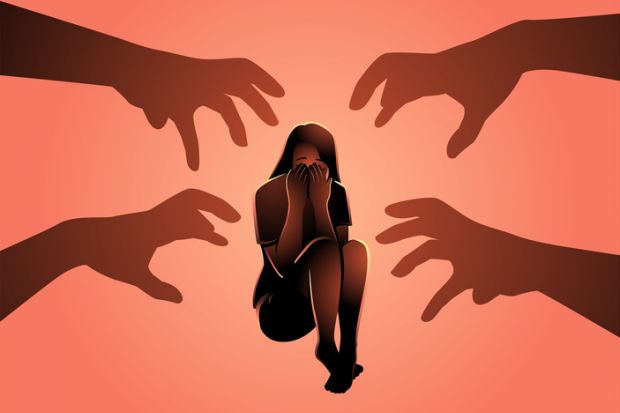
Gender Based Violence and Human Rights

Gender Based Violence

Gender-Based Violence (GBV) is one of the main focus areas of ED specially during emergencies. ED commitment to promoting gender equality, empowering survivors, and creating a culture of respect and non-violence. Our experience in this area involve implementing programs and initiatives that aim to raise awareness about GBV, provide support and services to survivors, advocate for policy changes to prevent GBV, and work towards changing societal norms and attitudes that perpetuate violence. ED offer direct support services to survivors of GBV, such as counseling, legal assistance, and medical care. This can help survivors access the resources they need to heal and recover from their experiences. In addition to this ED engage in advocacy efforts to raise awareness about GBV, advocating for policy changes, legal reforms, and social norms that promote gender equality and prevent violence.
ED also provide training and capacity-building programs for service providers, government officials, and community members on how to effectively respond to GBV, promote human rights, and create safe and inclusive environments for all individuals.
To achieve this ED, collaborate with a range of stakeholders, including government agencies, law enforcement, health care providers, community organizations, and survivors themselves to address the root causes of GBV and create a safer and more equitable society for all individuals.
Human Rights
- Advocacy and Policy Change:
ED advocates for the protection and promotion of human rights, lobbying policymakers, engaging in public campaigns, and working with other organizations to push for legal and policy reforms that uphold human rights standards.
- Awareness-Raising and Education:
ED develops educational programs and campaigns to raise awareness about human rights issues among the general public, schools, and communities. This could include workshops, training sessions, public events, and social media campaigns to inform people about their rights and how to defend them.
- Capacity Building:
Provide training and support to individuals, organizations, and communities to build their capacity to promote and protect human rights. This includes training on advocacy strategies, legal rights, conflict resolution, and other skills needed to defend human rights effectively.
- Legal Assistance and Support:
Offer legal assistance and support services to women, girls, and groups who have experienced human rights violations. This involves providing pro bono legal representation, counseling services, referrals to support networks, and other forms of assistance to help victims seek justice and redress.
- Collaboration and Networking:
Collaborate with other human rights organizations, civil society groups, government agencies, and international bodies to strengthen collective efforts to protect human rights. This involves participating in coalitions, partnerships, and networks to amplify our impact and advocate for systemic change.
By engaging in these main activities, ED can leverage our experience and expertise in human rights issues to make a meaningful impact in promoting and protecting human rights for women, girls, children, and other vulnerable and marginalized communities. We believe our work would contribute to creating a more just, equitable, and inclusive society where everyone’s rights are respected and upheld.